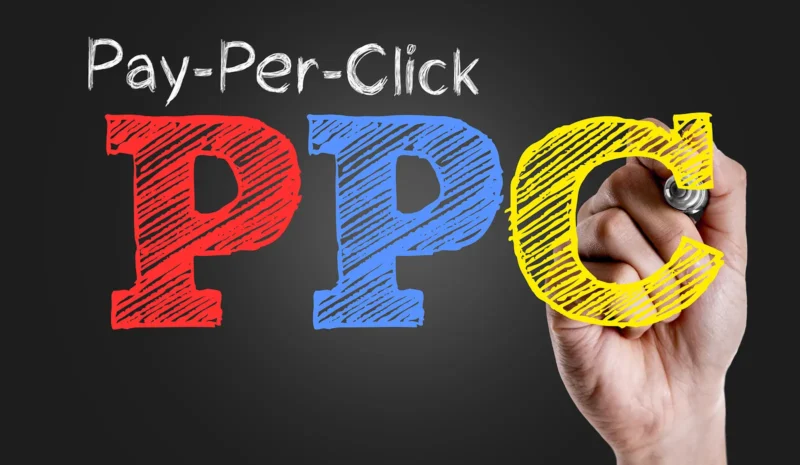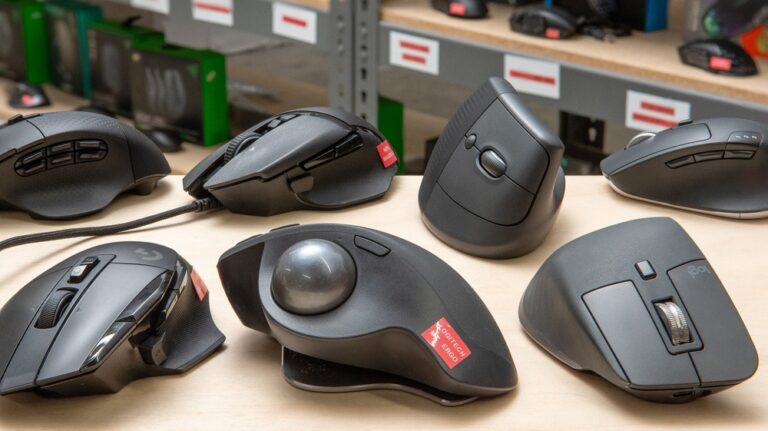In 2025, diversifying PPC efforts across multiple platforms will be key to reaching a broader audience. While Google Ads and Meta Ads remain dominant, emerging platforms like TikTok, Pinterest, Reddit, and Snapchat are gaining popularity.
Each of these has unique opportunities: TikTok for creative video ads will appeal to younger users, Pinterest excels for e-commerce, Reddit targets niche communities, and Snapchat offers interactive ads with a mobile-first experience. A multi-platform approach reduces dependency on a single network, minimizing the risks of algorithm changes.
The marketer is able to tailor content for each platform’s audience in order to bring together cohesive, personalized campaigns that maximize results across different digital spaces. A PPC agency in Broomfield can guide businesses through all of these opportunities and drive their campaigns to success.
AI-Driven Campaign Optimization
Artificial intelligence (AI) is revolutionizing PPC advertising, automating key tasks such as bidding and audience targeting. By 2025, AI-based tools will be optimizing campaigns based on their data analysis, prediction of user behavior, and personalized ad targeting capabilities.
Advanced features, such as dynamic ad creation and predictive analytics, are offered by platforms such as Google Ads and Meta Ads Manager to streamline management and improve results. Businesses need to adopt these tools while ensuring human oversight to align campaigns with broader goals and combine AI efficiency with strategic creativity.
Privacy-First Advertising
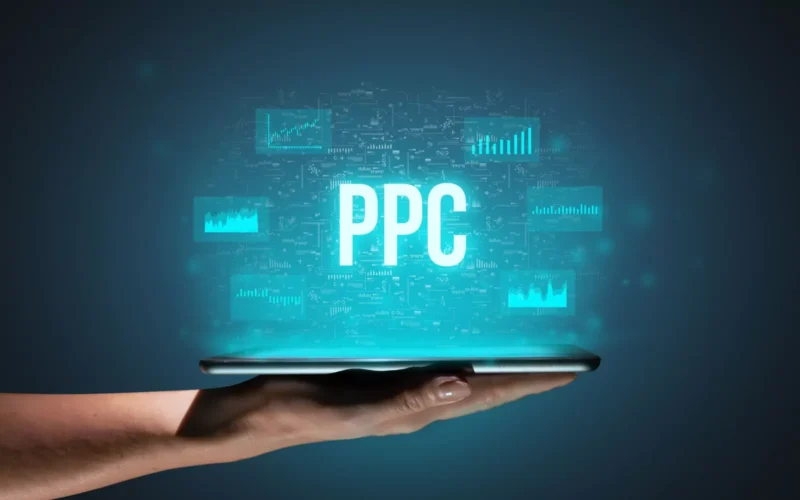
Increased privacy laws in the line of GDPR, CCPA, and Apple’s ATT are forcing a new wave in the manners of PPC advertising by shrinking third-party data collection.
Cookie-less environments and more reliance on first-party data such as website interactions, email subscriptions, and loyalty programs will form the backbone for defining the target audiences in 2025. Privacy-preserving technologies like FLoC or advanced encryption ensure ads targeting do not cross the boundaries of user confidentiality.
Transparency and clear opt-in options will help businesses build trust, navigate privacy challenges, and drive PPC success in a more regulated landscape.
Increased Focus on Video Ads
Video advertising will be the favorite of PPC in 2025 as big platforms like YouTube, TikTok, and Instagram Reels will be at the forefront. Shoppable videos and short-form content under 60 seconds are panning out well, fusing entertainment with convenience to convert better.
Success depends on creative high-quality production, clear messaging, and great visuals. The authenticity and credibility of user-generated content and customer testimonials increase trust and credibility. Business companies that invest in video PPC will have a better competitive advantage as platforms are innovating with new AR integration and advanced analytics.
Expansion of Voice Search Ads

Voice search is growing at a fast pace with smart speakers and virtual assistants. By the year 2025, it will surpass many online queries, so PPC marketers will have to adapt. Traditionally, voice searches tend to be longer in length and may sound more conversational, so long-tail keywords and natural language phrases need to take center stage.
For instance, rather than focusing on “best coffee shops,” ad strategies should include using phrases such as “where is the nearest best coffee shop?” Platforms like Google Ads are adding voice-optimized features and marketers must ensure mobile-friendly landing pages for quick and relevant answers. Optimizing for voice search will keep businesses ahead in competition.
Multi-Hub Offerings
In 2025, diversifying PPC across multiple platforms will be key to reaching a broader audience. While Google Ads and Meta Ads remain dominant, emerging platforms like TikTok, Pinterest, Reddit, and Snapchat are gaining popularity.
Each offers unique opportunities: TikTok targets younger users with creative video ads, Pinterest excels for e-commerce, Reddit engages niche communities, and Snapchat provides interactive, mobile-first ads. A multi-platform strategy reduces dependency on a single network, thereby mitigating risks from algorithm changes.
Tailoring content to each platform’s audience helps marketers create cohesive, personalized campaigns that maximize their results across various digital spaces.
Automation and Smart Campaigns
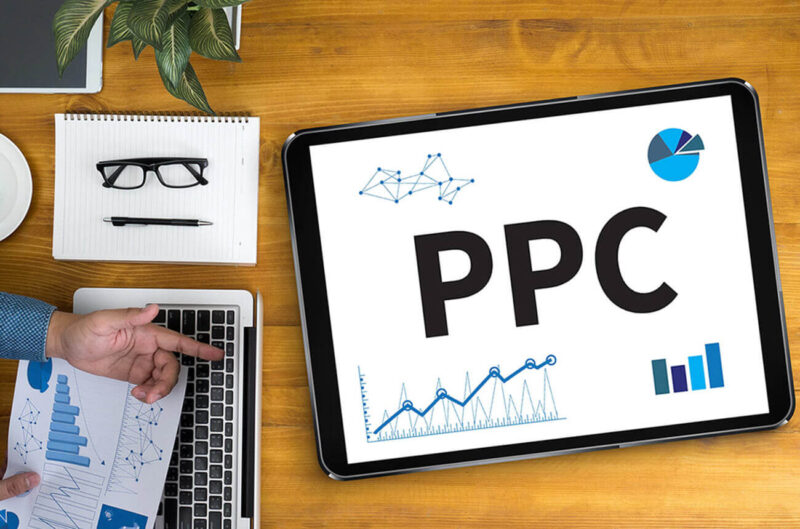
Automation is transforming PPC management by allowing marketers to optimize campaigns with minimal manual effort. In 2025, smart campaigns like Google’s Performance Max will continue to streamline ad creation, targeting, and bidding across multiple channels.
These campaigns employ machine learning to identify the optimal combination of ad assets, audiences, and placements for maximizing ROI. Automated bidding adjusts bids in real-time according to user intent, competition, and budget while minimizing the constant need to monitor and adjust.
But successful automation balances technology and human strategy. For example, marketers must focus on creative and strategic elements to keep campaigns effective and aligned with business goals.
Local and Hyperlocal Targeting
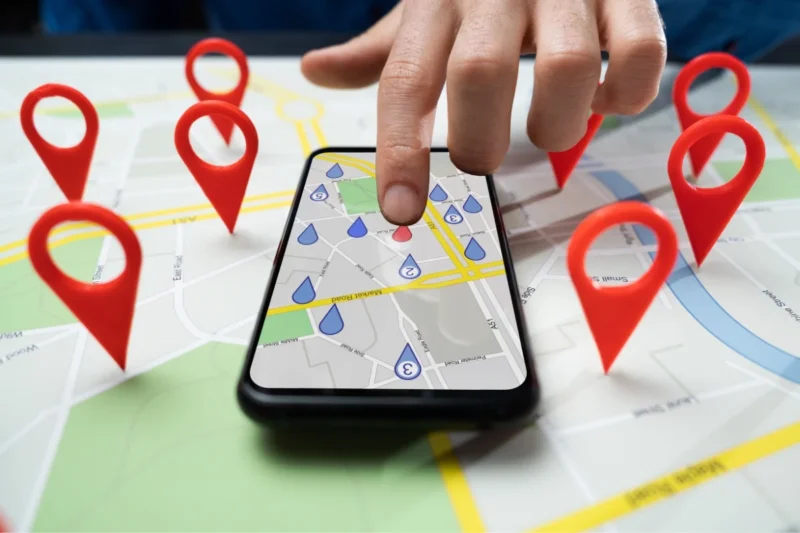
In 2025, local and hyperlocal PPC targeting will be inevitable to reach audiences that are proximate. Consumers who seek the most individualized solutions should now demand personalized solutions.
Hyperlocal targeting uses location data for delivering ads based on accurate locations, such as neighborhoods or stores, creating upsides for businesses as diverse as restaurants and retail shops. Features such as Google’s “near me” searches, along with geo-fencing, make it easier to target local interest.
Location-specific keywords should be used, promotions optimized, and accurate business information displayed on platforms such as Google Maps. By hyperlocal strategies, businesses can increase relevance and drive better conversions.
Improved Reporting and Analytics
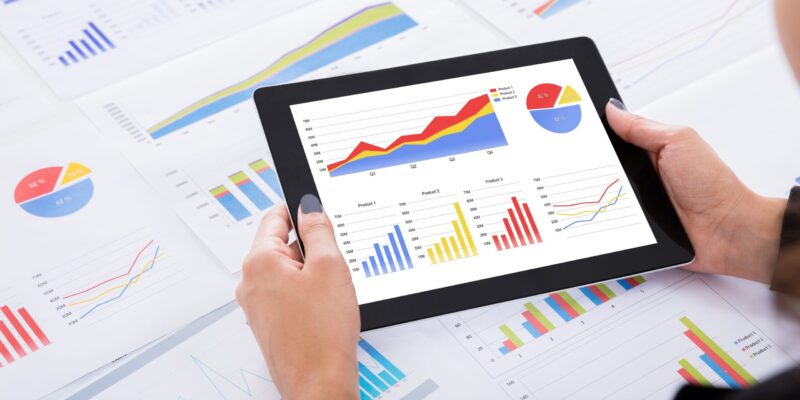
Enhanced reporting and analytics tools will be crucial for data-driven decision-making in PPC success in 2025. The advanced dashboards bring predictive analytics to facilitate marketers in predictability and base time-to-time real changes in strategies. Cross-platform tools will unify the data for holistic view.
Customizable reports allow marketers to have focus on the main metrics, such as CTR, conversion, and ROAS for guiding budget allocation, audience segmentation, and creative changes. With these advanced analytics, businesses can optimize strategies in PPC, improve efficiency, and get more impactful results.
Conclusion
As PPC advertising continues to evolve, it remains necessary for marketers to stay informed about emerging trends for maintaining a competitive edge in 2025. Innovations such as AI-driven optimization, privacy-compliant targeting, video ads, and voice search are reshaping the way businesses connect with audiences.
Diversification of platforms, leveraging the power of automation, and focusing on hyperlocal strategies ensure marketers refine their campaigns further and gain better results.
Marketers, embracing these changes and including sophisticated analytics into their decision-making processes will end up well. Through integrating advanced technology with strategic insight, businesses can navigate through the dynamic landscape of PPC, effectively reach their desired audiences, and derive optimal value from their advertising investments.
Related Posts:
- What Lies Ahead For The Oil And Gas Industry In A…
- Staying Safe: How To Avoid Common Warehouse Hazards
- Top Factoring Software for 2025 – Features You Can't Ignore
- Top 10 Dating Apps Expats Use to Find Love in Germany (2025)
- 6 Machine Learning Use Cases to Watch in 2023
- Are Bonus Buys Still the Most Played Feature in 2025…

